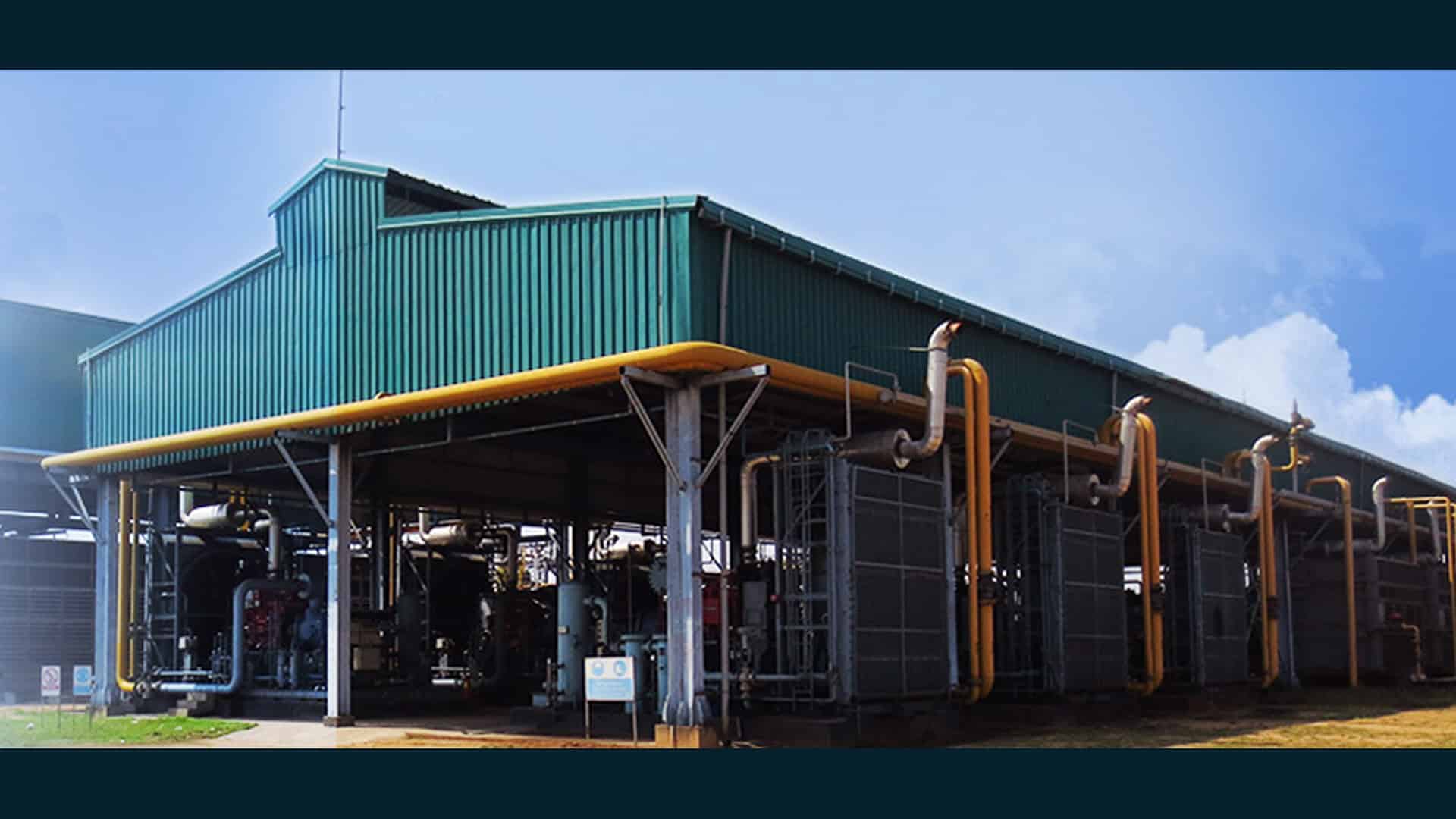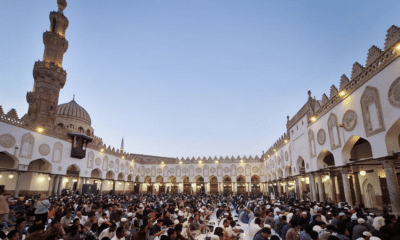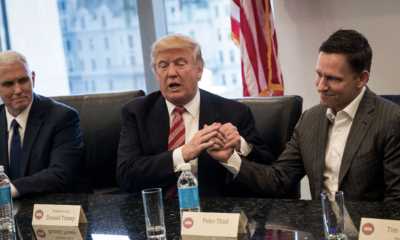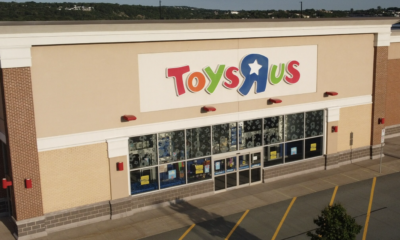Business
GEECL to invest USD 2 billion in shale gas exploration
Great Eastern Energy Corporation Ltd, a pioneer in the field of coal bed methane in India, plans to invest about USD 2 billion (Rs 15,000 crore) in exploration of shale gas at its Raniganj South block in West Bengal, its MD & CEO Prashant Modi said.
“We want to recreate in shale what we did for CBM,” he said. “We pioneered exploration, production, and development of CBM in India.” CBM (Coal Bed Methane) is gas trapped below coal seams. GEECL signed the first CBM contract in India for the Raniganj South block on May 31, 2001. “We were the first to commercialise CBM in July 2007,” he said.
Also read: Fintech startup IOUX looking to raise USD 10 mn; promote ease of doing biz
Prior to this, the firm’s CBM block was under an agreement with Coal India Ltd. since 1993. At that time, CBM was practically not present in Asia and was still at a nascent stage worldwide. “We have a huge potential of shale resource of up to 6.63 trillion cubic feet (TCF) in our block,” he said. “We are awaiting the amendment to our petroleum mining lease for shale exploration from the West Bengal government. Post that, we plan to drill some shale core wells to assess the geological and other technical factors.”
Subject to the results obtained and analysed from the core wells, GEECL will drill some pilot production wells. “Presuming the results obtained from pilot production wells are as per our expectations, the total investment envisaged in our shale programme is approximately USD 2 billion, i.e. Rs 15,000 crore,” Modi said. On talk of the government considering levying a windfall tax on higher earnings resulting to oil and gas players because of elevated global energy prices, he said, “It will be highly unfortunate and a disaster for the oil and gas sector, if the government decides to impose such a tax.”
Oil and gas prices depend on various factors — main ones being supply and demand, geographical, and geopolitical issues. “They go up and down as is the case with other commodities and goods, which is what ‘free market’ is meant to be,” he said. “Where were the policy makers when oil went negative and also remained at USD 20-30 per barrel range for a long time? Companies bore the losses and a lot of them even went bankrupt,” he said.
Oil prices are hovering over USD 110 per barrel now.
“Any such (windfall) tax will only discourage domestic investments in this sector and thereby increase imports which are already at 85 per cent (oil) and 50 per cent (gas). It will penalise domestic producers and incentivise international producers. One has to appreciate that oil and gas exploration is a highly risky capital intensive business. One’s entire investment can be wiped out if commercial hydrocarbon quantities are not found,” he added. On including natural gas in the Goods and Services Tax (GST) regime, Modi said, this has been a long-standing request of the industry.
When the ‘one-nation, one-tax’ regime was introduced in 2017, five commodities – crude oil, petrol, diesel, ATF and natural gas — were kept out of its purview for the time being. This meant that the central government and states continue to levy excise duty and VAT respectively on these commodities. More importantly, the companies aren’t able to set off GST paid on inputs with the tax paid on the final product.
“This is not only discouraging consumers but also the producers due to the cascading effect on costs as GST and VAT cannot be offset. Having natural gas under GST will go a long way in increasing investments further in this sector and thereby help in reducing our hydrocarbon imports and achieving a 15 per cent share of gas in India’s energy mix,” he added. Environment-friendly natural gas currently makes up for 6.7 per cent of all primary energy consumption in India.










































Pingback: EAM Jaishankar meets Indian community in Prague, shares with them developments at home